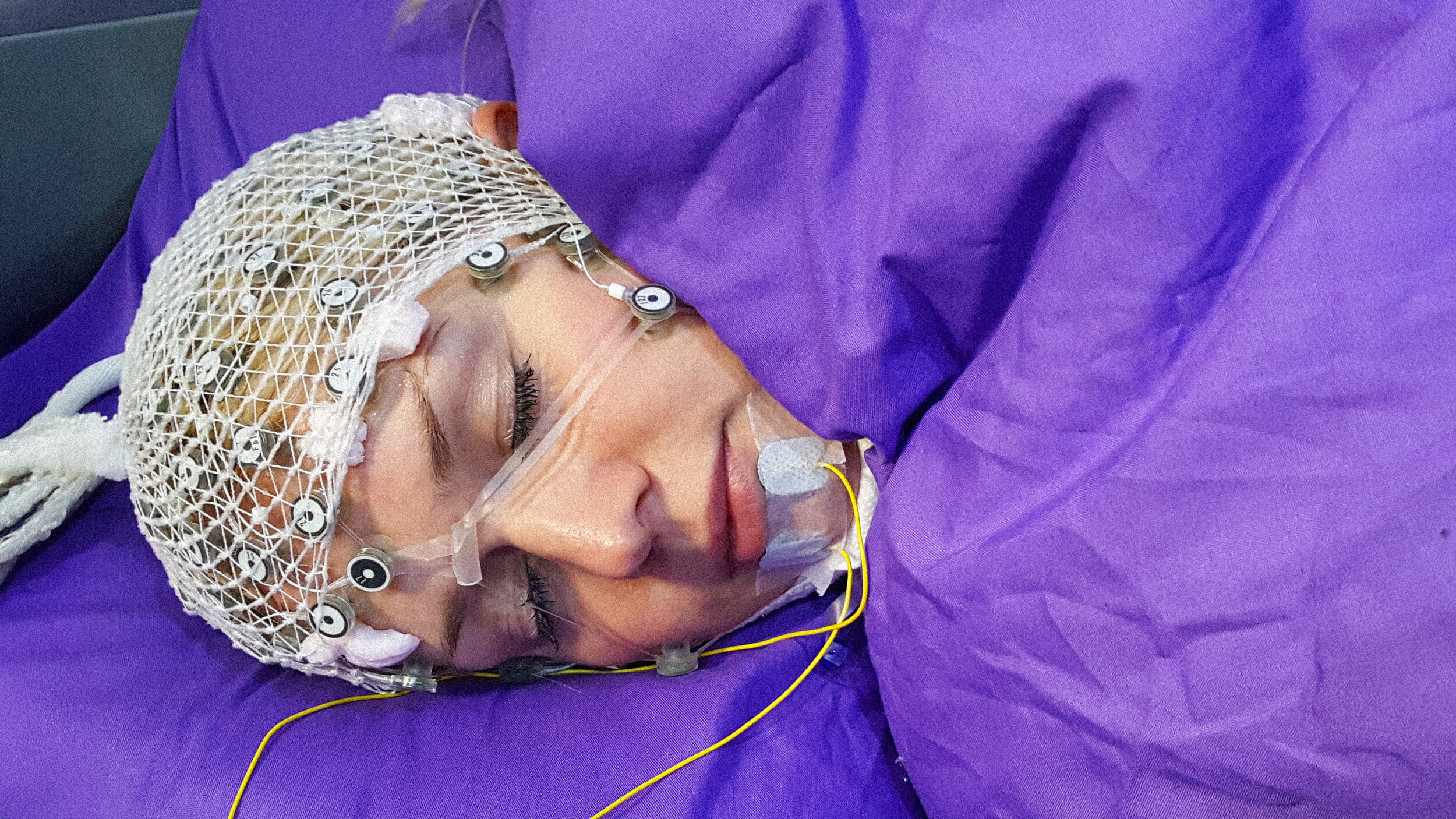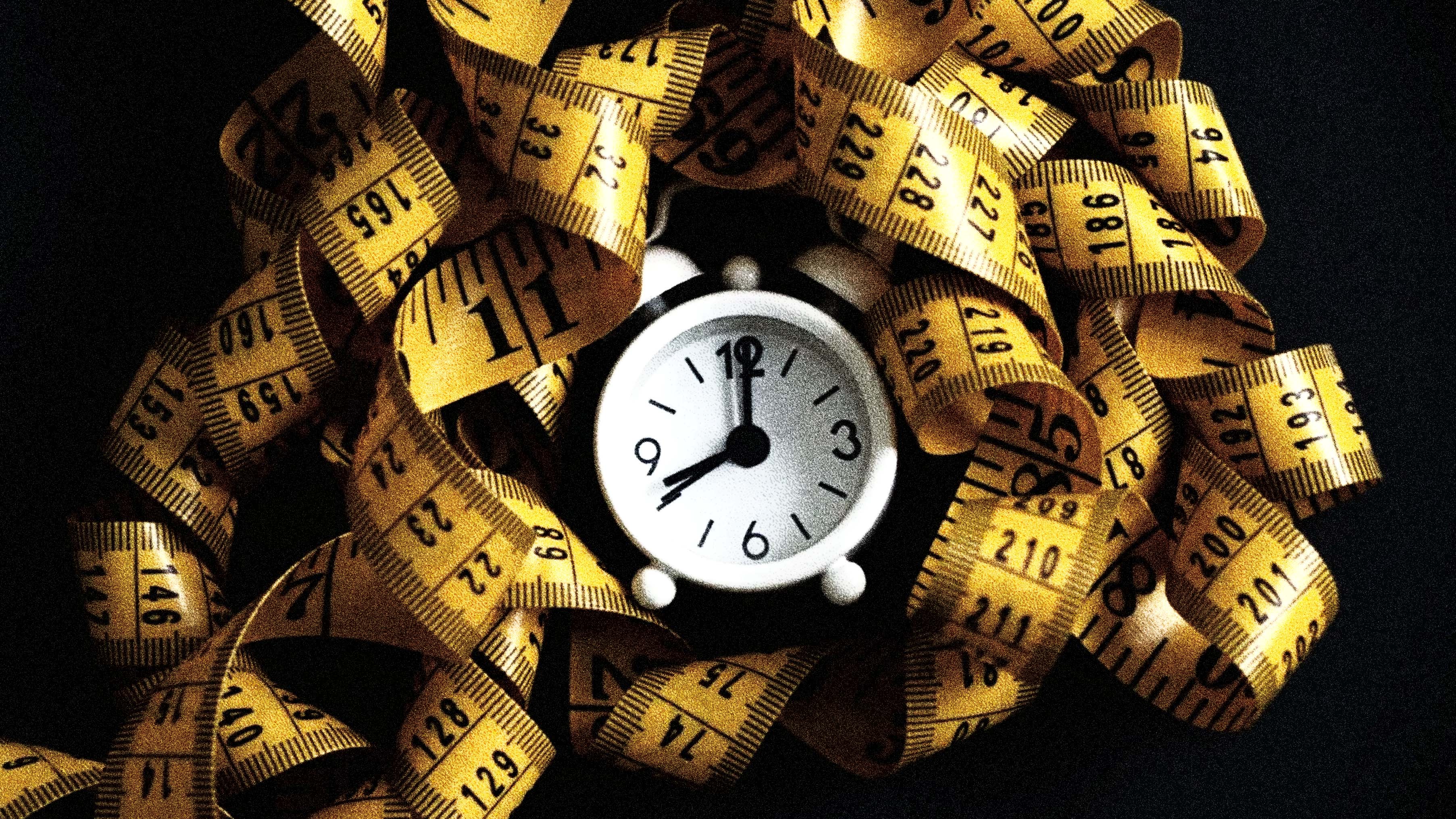How can you actively boost your low libido?

Photo by We-Vibe WOW Tech on Unsplash
- Low libido, or sudden changes in your sex drive, can be overwhelming and cause embarrassment or shame, but this is a common problem that could have many different solutions.
- According to research, managing your anxiety/stress levels, maintaining a healthy diet and proper sleeping habits, and cutting down on things such as alcohol or smoking can all boost your libido.
- Low libido can have many causes (physical, emotional, medical, etc). If you find you are struggling with this and are not able to find a solution, consider consulting a doctor and/or sex therapist to discuss your concerns.
Low libido (a low sex drive) is something that can happen to both men and women for a variety of reasons. It could be a medical, physical, or emotional issue (or a combination of the three) that prevents you from actively seeking out and engaging in sexual activities.
Individuals who are experiencing a low sex drive experience reduced sexual interest and few sexual fantasies or thoughts. As a result, you can’t actively engage in sexual intimacy with your partner, as much as you may wish that you could.
If one person in the relationship is struggling with a low sex drive, it can impact both people (and the relationship), causing emotional distance and sexual frustration on both sides.
However, there are several steps (set out by experts) that you can take if you or your partner are experiencing this struggle.

Properly managing your stress and anxiety can boost libido in both men and women. Photo by G-Stock Studio on Shutterstock
Struggling with low libido can feel isolating and embarrassing. However, according to a study linked in the Journal of Clinical Endocrinology & Metabolism, 19 percent of participants reported a low libido at the baseline of this testosterone study.
If a male is experiencing low libido, there are several things that could be causing it:
- Physical issues such as low testosterone, prescription medications, alcohol, and drug abuse
- Psychological issues such as depression, stress, relationship tension
- Outside factors such as problems at work, a death in the family, emotional turmoil
Talk to your partner about what you’re experiencing.
Low libido can be incredibly difficult to talk about with your partner, especially if it’s causing problems in the relationship, but it could give you support and help you find alternative ways to connect until you find an answer.
Check your hormone levels and your health with a doctor.
According to WebMD, around 28 percent of men with low testosterone also struggle with low libido. Having low or decreased testosterone levels can impact more than just your sex drive, as testosterone plays a few important roles in the body. Testosterone has also been linked to bone mass, fat distribution, muscle mass, and strength.
Completing a physical and bringing up low libido concerns with your doctor can help you rule out any physical things that could be causing your low sex drive. Perhaps a medication that you’re on is giving an unwanted side effect. Medications such as morphine, opioid pain relievers, corticosteroids, and certain antidepressants can impact your libido. You may have the option to be moved to another, or your doctor may insist on checking your testosterone levels.
According to the American Urological Association (AUA) guidelines, adult men are considered to have low testosterone (or low T) if their levels fall below 300 nanograms per deciliter. A simple blood test will be able to tell your doctor your testosterone levels.
Consider meeting with a sex therapist or counselor about any relationship struggles that could be impacting your libido.
Manage your anxiety.
High levels of anxiety and stress are extremely common barriers to sexual functioning for both men and women. You can manage your anxiety by practicing good sleeping habits, exercising regularly, working to improve your relationship(s), speaking with a therapist, or consulting a doctor about anti-anxiety medications.
Regular exercise could be key to maintaining proper hormone levels and boosting sexual function.
Strength training, walking, and swimming may all work to improve sexual function and libido (in both men and women). In fact, one-time acute exercise sessions have been linked to boosted sexual arousal because of the activation of the sympathetic nervous system.

Creating a healthy lifestyle (healthy eating and exercise habits) can help boost libido in both men and women.Photo by lzf on Shutterstock
The sexual desires of women naturally fluctuate over the years for various reasons (pregnancy, menopause, illness, life events), and navigating the lows can be incredibly difficult.
If a female is experiencing low libido, there are several things that could be causing it, such as:
- Physical problems, including medical diseases, medications, where you are in your menstruation cycle, hormone changes, etc. can all be causes of low sex drive in women.
- Many women experience severe changes in their hormones and sex drive during and even years after pregnancy or breast-feeding.
- Lifestyle habits including alcohol or drug consumption or smoking can also dull your sex drive.
- Fatigue or exhaustion are commonly reported problems that impact sex drive among women.
Communicate with your partner about what you’re experiencing.
According to a survey from the National Women’s Health Resource Center, 59 percent of women report that low sex drive has had a negative impact on their relationship, with up to 66 percent of women reporting the low sexual desire impacted communication in their relationship.
Struggling with low sex drive and being unable to find an immediate fix can feel embarrassing and bring up a lot of insecurities – but talking openly about it with your partner can allow you to both understand what’s happening and work together to solve the problem.
What you’re eating could also impact your libido.
According to a 2015 review study, adding things like maca, tribulus, gingko, and ginseng to your food could help improve sexual function. Additionally, maintaining a healthy (low sugar/high lean protein) diet can boost your sex drive by promoting proper circulation and heart health.
Could a good night’s sleep help?
According to a small-scale study, many women explained that a good night’s sleep helped increase their sexual desire and arousal the next day. Women who reported longer sleeping times also reported better arousal levels the next day compared to those with shorter sleeping times.
Aside from open communication with your partner and lifestyle changes like a healthier diet, proper sleeping habits and managing stress, communication with doctors, sex therapists and counselors can all be extremely helpful in getting to the root of the problem.
You should consult a doctor about low libido if/when:
- Your libido suddenly drops without any explanation
- Additional symptoms appear, such as high blood pressure, pain, etc.
- Your libido suddenly drops after a surgery, or when you switch to a new medication
- Your low libido is causing relationship problems or psychological distress on you and/or your partner
Enhancing your sex drive will take time, but it is possible to do if you and your partner are committed to trying new things to boost your libido and keep an open line of communication.





